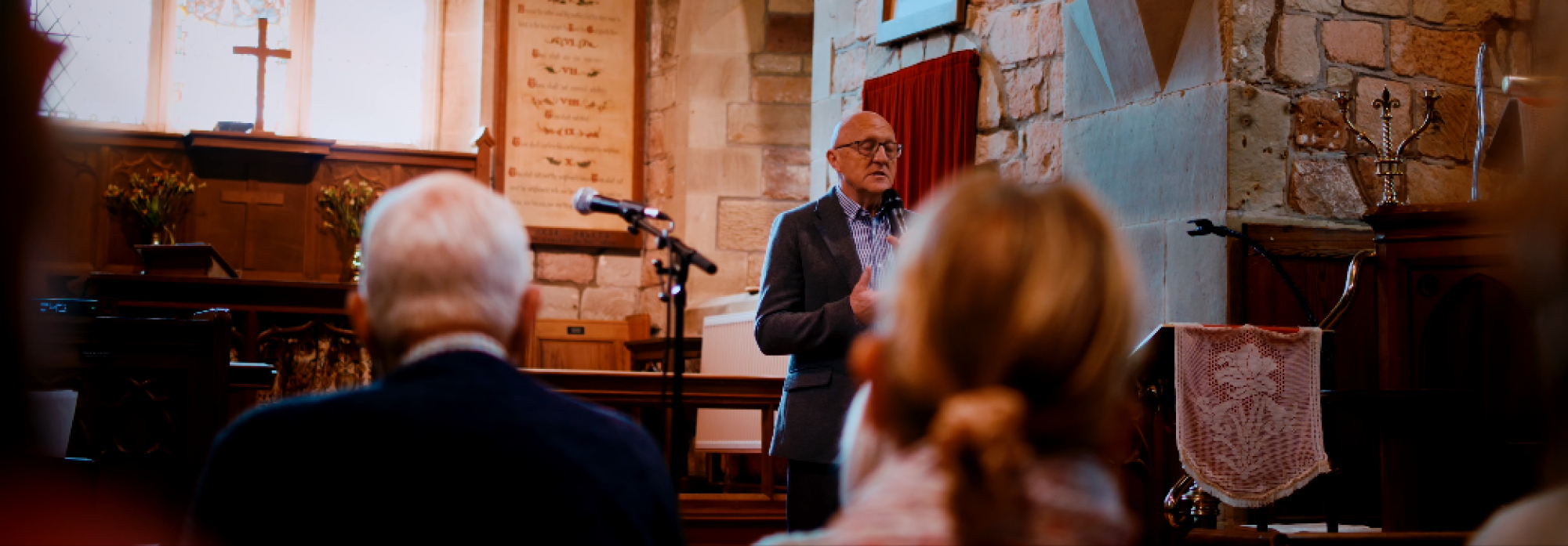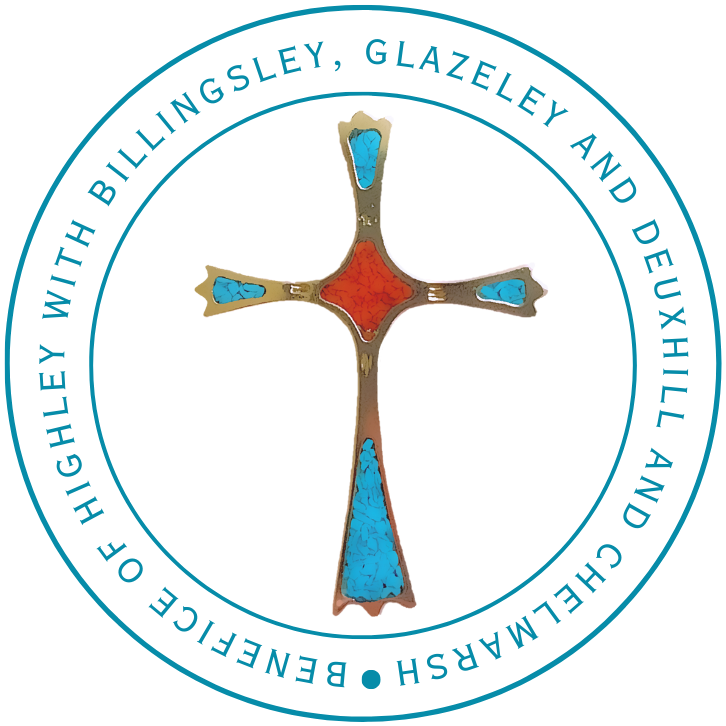Hypatia is not a person who is well known, but in 415 in Alexandria in Egypt, she was a celebrity. She was a leading philosopher, noted for her learning. She was also a pagan. In that year, she was attacked by a mob and killed; some attributed her death to rabble-rousing by the Bishop of Alexandria, St Cyril. Cyril was undoubtedly a bruiser, although it is not clear if he really was behind Hypatia’s death. None-the-less, by any standard, the murder of Hypatia, for her beliefs, was an inexcusable act of brutality. I am sure everyone has head of Charlie Kirk, the US political thinker, recently murdered whilst giving a speech; another inexcusable act of violence. The link between both is that their deaths were due to their beliefs. Can either be called martyrs? Hypatia, as a pagan, was clearly not a Christian martyr but could a case be made that she was a martyr for freedom of thought? Some have called Charlie Kirk a martyr; I cannot see that he was killed for his religious beliefs, although he was a Christian. Like Hypatia, perhaps there are stronger grounds for freedom of thought. The wider issue is that when someone is murdered because of their beliefs, the murder is always wrong. The beliefs, be they religious or not, need us to examine them; we may or may not think they are worthy.
Rev David Poyner

